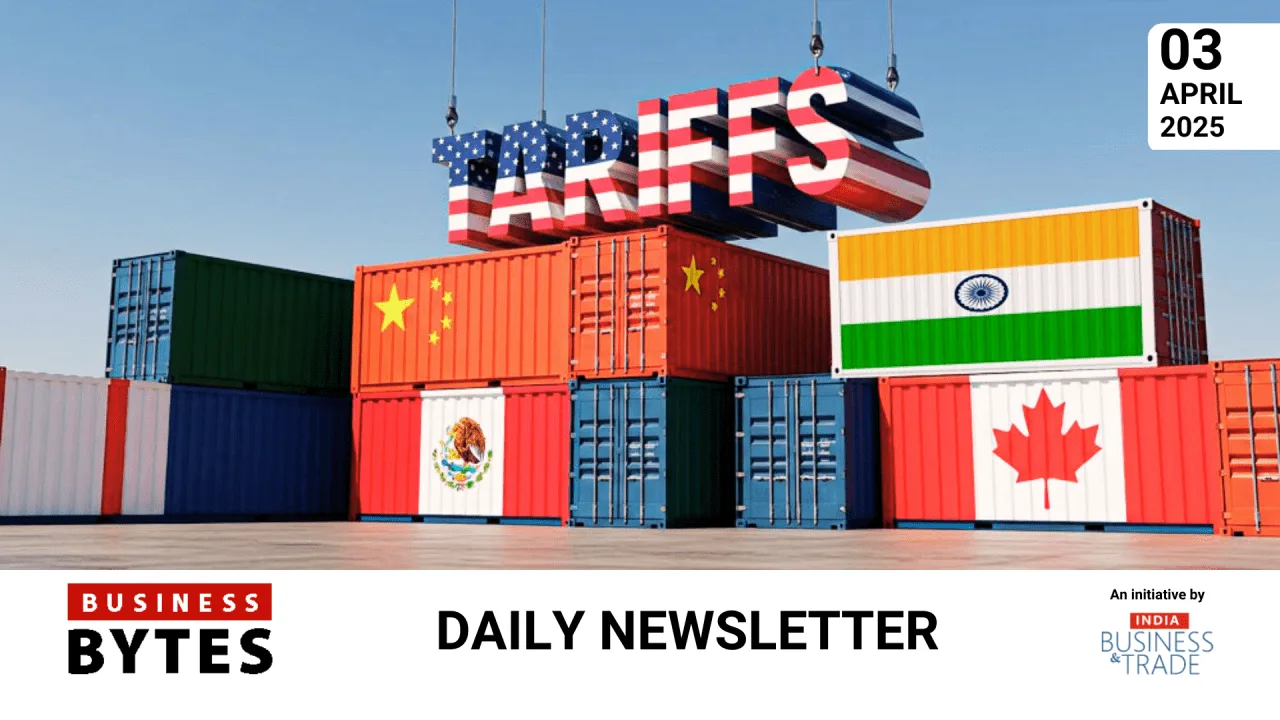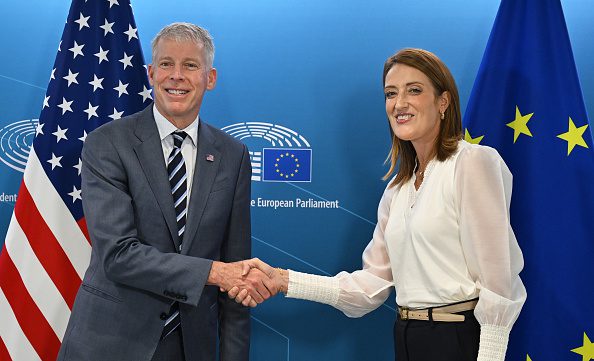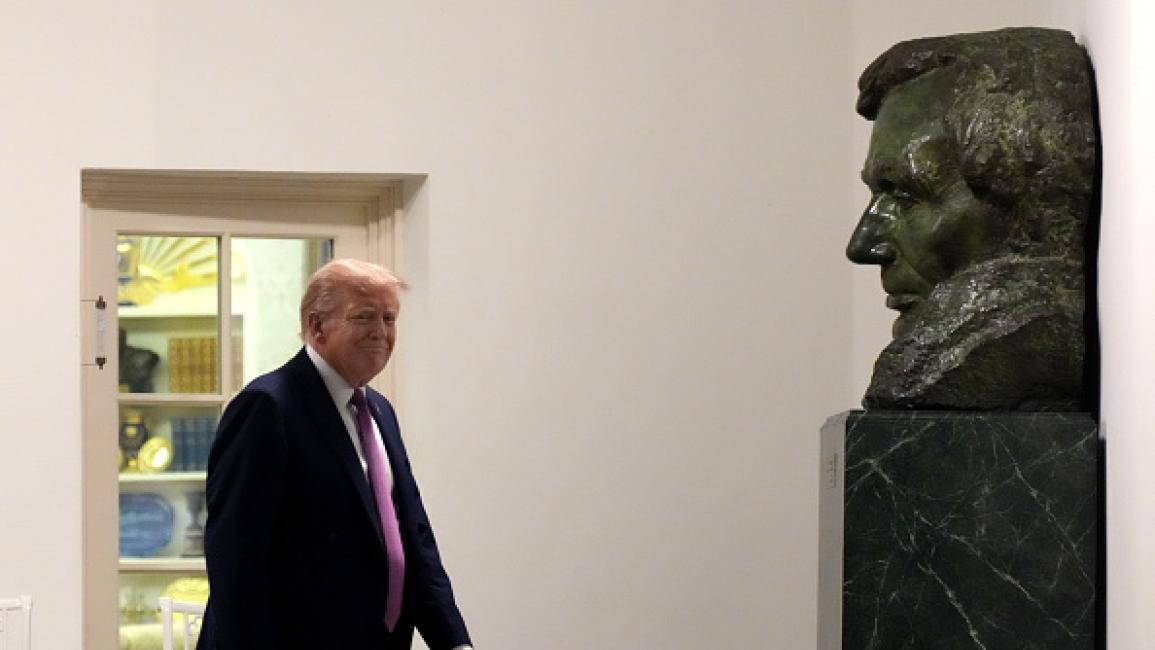American Trade Wars: How Tariffs Are Redrawing the Global Trade Map

The resurgence of trade wars initiated by the United States has prompted a significant reshaping of global trade patterns. Through imposing tariffs on a wide array of imports, America aims to protect domestic industries but has inadvertently triggered reactions altering the international marketplace. This article explores the ramifications of American trade policies on global commerce and economic alliances.
Tariffs as Economic Weapons
Tariffs function as protective measures intended to shield local businesses from foreign competition. The recent American approach involves unprecedented tariff levels on products ranging from steel to electronics, provoking retaliatory actions. The Economy reports detail these developments and their impact on trade partners.
Shifts in Global Supply Chains
Companies worldwide are reevaluating their supply chains to avoid tariff costs, leading to the relocation of manufacturing facilities and sourcing strategies. The disruption affects industries beyond the U.S., with ripple effects reported in World news sources.
Effects on International Relations
Trade tensions have strained diplomatic ties, influencing negotiations and alliances. The U.S News coverage highlights diplomatic efforts to resolve conflicts and the challenges involved.
Economic Consequences for Consumers
Increased tariffs often translate to higher prices for consumers, affecting purchasing power and economic growth. Businesses also face increased costs, sometimes leading to layoffs or reduced investment.
The Role of Technology and Innovation
In response, industries invest in technological innovations to improve efficiency and reduce dependency on vulnerable supply chains. This trend is extensively covered in Breaking News segments focusing on economic adaptation.
The American trade wars represent a complex interplay of protectionism and globalization, with significant consequences for the global economic order. Balancing national interests with international cooperation remains a pressing challenge.




